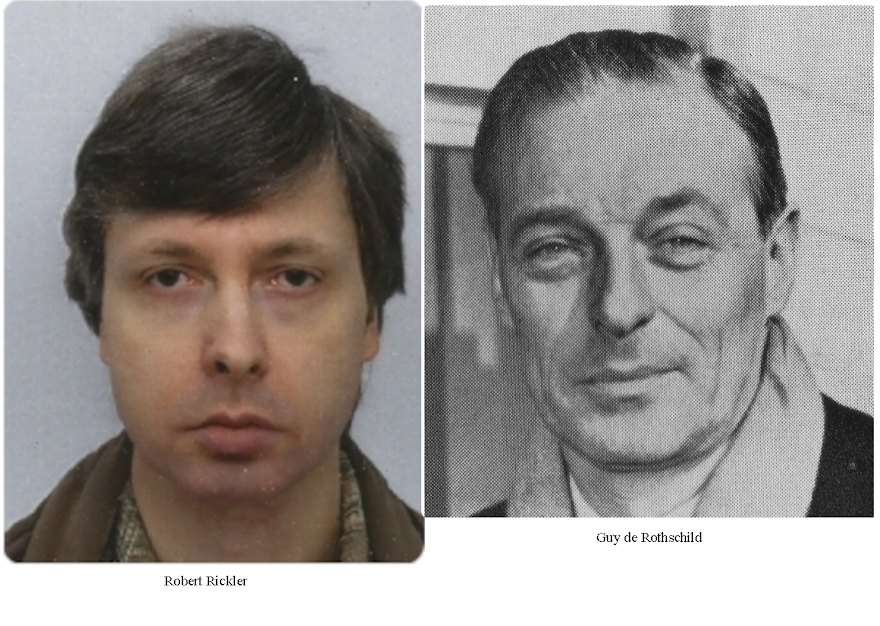Book
Review Part 13 Buchbesprechung Teil 13 en-de
(Autor:
Robert Rickler Regensburg)
This
is the 13th part of a book review of "The Israeli Solution"
written by Caroline Glick. (Look here:
http://carolineglick.com/category/books/ )
Dies
ist der 13. Teil einer Buchbesprechung des Buches "The Israeli
Solution" von Caroline Glick. (Siehe hier:
http://carolineglick.com/category/books/ )
C.G.
describes the situation after the war and how Husseini came back to
the Middle East.
C.G.
beschreibt die Situation nach dem Krieg und wie Husseini in den Nahen
Osten zurückkehrte.
Quote:
Zitat:
"After
the war, Husseini’s Nazi colleagues were arrested and tried for
their war crimes, but Husseini was allowed to escape Europe and
return to the Middle East. In 1946 King Farouk of Egypt received him
as a war hero. Yugoslavia, France, and Britain had grounds to seek
Husseini’s indictment at the Nuremberg war crimes tribunal, but all
preferred to leave him alone in the hopes of currying favor in the
Arab world. The popularity of his outspoken hatred of and violence
against the Jews in the Muslim world, which viewed him as a beloved
leader due to his role in forming the Muslim Brotherhood and his
radio broadcasts from Germany, rendered him immune from prosecution
for his war crimes."
C.G.
describes how British influence in the Middle
East disappeared.
C.G.
beschreibt, wie der britische Einfluß im Nahen Osten verschwand.
Quote:
Zitat:
"As we saw before, the
degree to which various Arab leaders were willing to side with the
British before and during the war was a function of their perception
of British power relative to that of other world powers. As such, it
was unrelated to the manner in which Britain administered the
Palestine Mandate. So too, in the postwar years, British influence
among the region’s Arabs diminished as a consequence not of their
policies toward the Jews in the Mandate, but of their dwindling
power, which the Arabs correctly perceived.
Britain
emerged from World War II bankrupt and in desperate need of U.S.
financial assistance. This hollowing-out of Britain’s imperial
capacity played a significant role in pan-Arab hostility toward
Britain in the postwar years. So too Soviet competition for Arab
support, abetted by the affinity between Arab nationalism and
totalitarian governing systems, further contributed to Britain’s
inability to win Arab support. The Arab League, established in 1945,
had "a distinct anti-British bias." "
(To
be continued.)
(Fortsetzung
folgt.)
part 14 click here Teil 14 hier klicken
(Back
to cover page: http://robertrickler.blogspot.de)
(Zurück
zur Startseite: http://robertrickler.blogspot.de)


Keine Kommentare:
Kommentar veröffentlichen
Hinweis: Nur ein Mitglied dieses Blogs kann Kommentare posten.